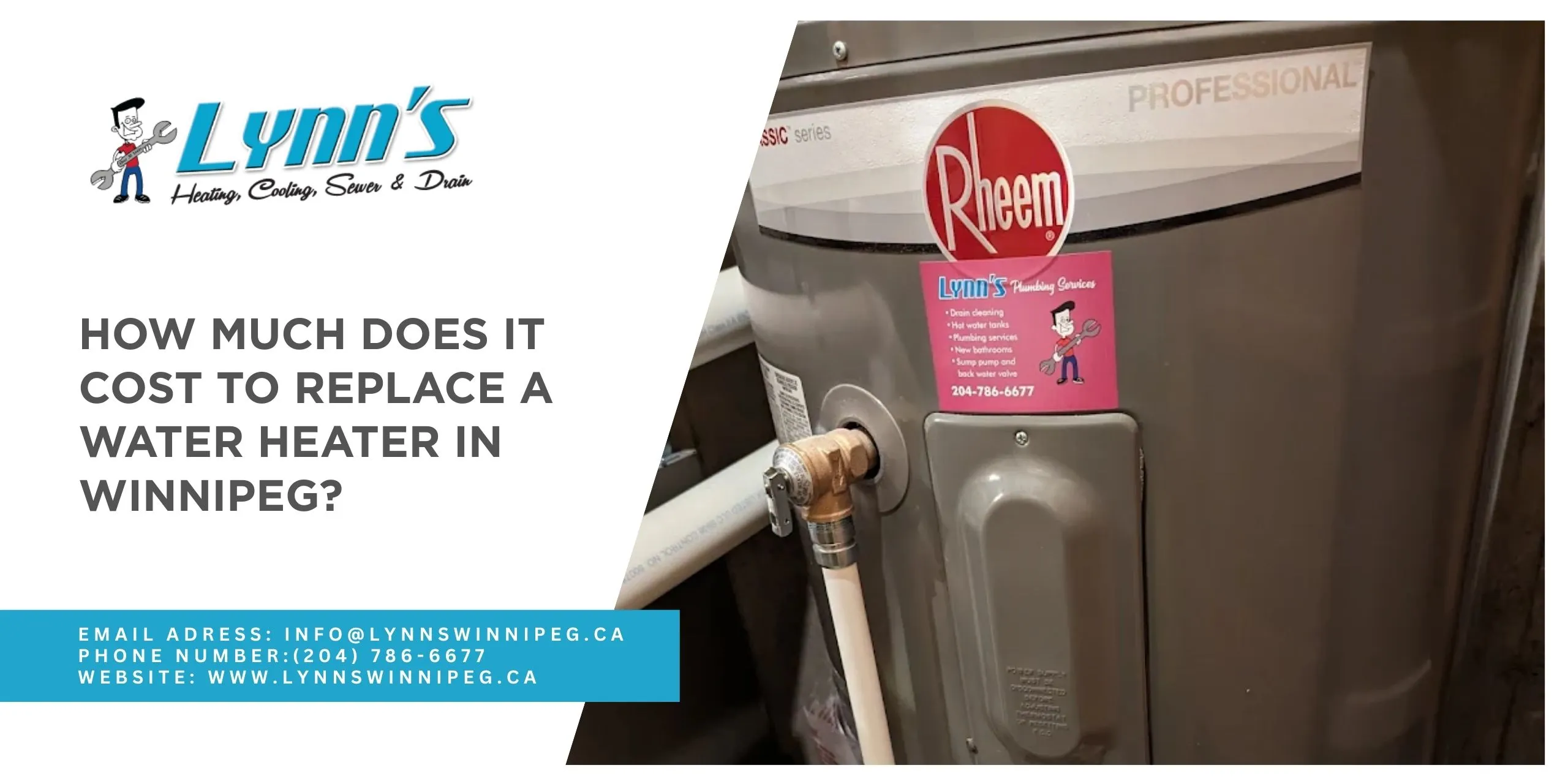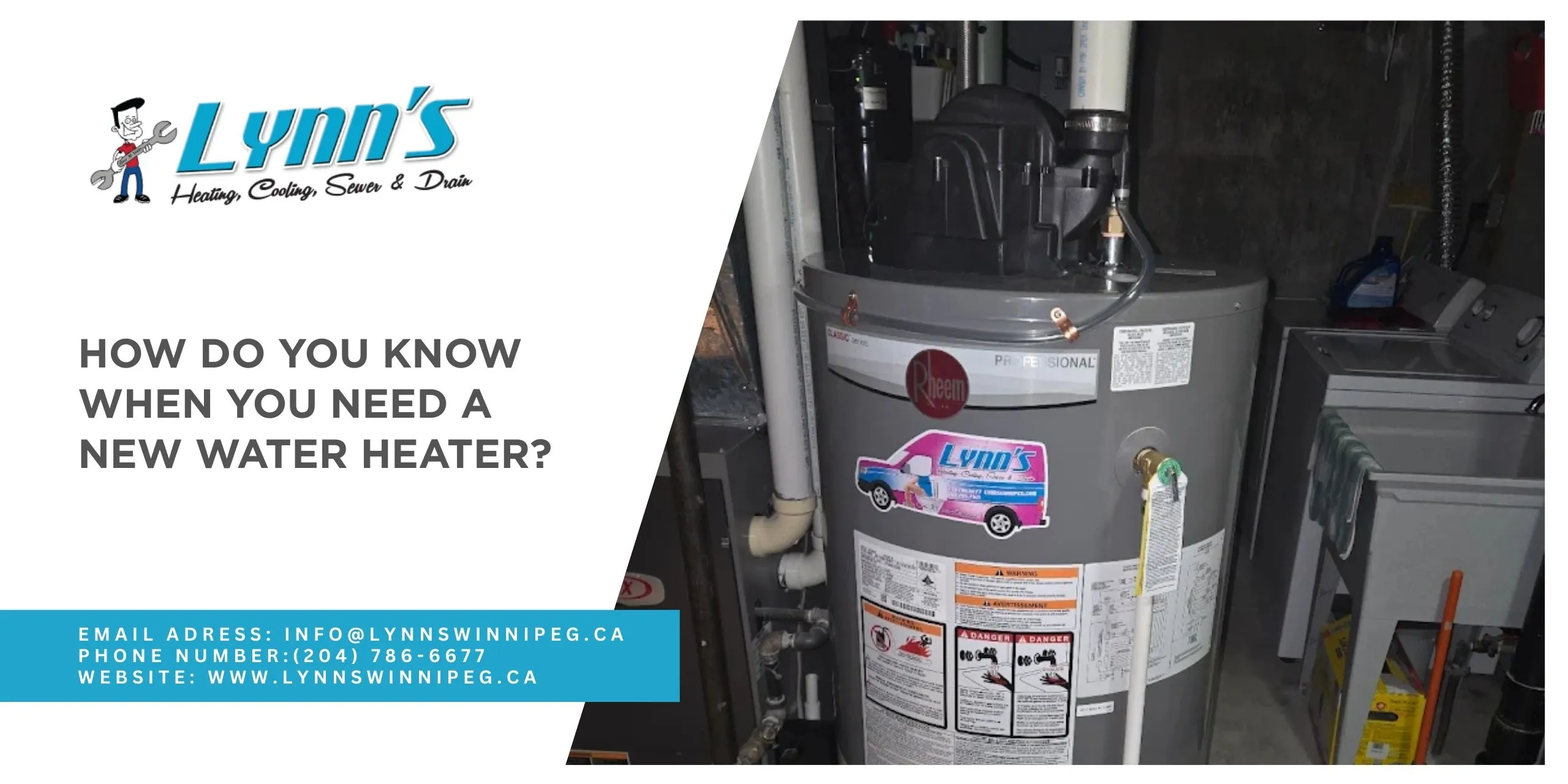Are you in the market for a new water heater? Should you opt for electric or gas? Choosing the right type of water heater for your home can be difficult. In this post, we’re going to list the pros and cons for each type, so you can make an informed decision.
Electric Water Heaters
Pros
Cheaper to Install
The initial cost to install an electric water heater is less expensive than gas. Not only are electric water heaters cheaper to buy, but are generally easier to install and do not require a gas line.
More Energy Efficient
Most electric water heaters are more energy efficient than gas since all of their energy is used to heat the water. Electric water heaters do not produce emissions and are generally the more environmentally friendly option.
Longer Lifespan
Electric water heaters can last 10-15 years before needing to be replaced, which is usually longer than gas.
Safer
Electric water heaters are considered safer to use than gas.
Cons
Costs More to Operate
Even though electric water heaters are more energy-efficient than gas, they usually cost more to operate and your monthly bills might be higher.
Won’t Run During an Outage
Since electric water heaters run on electricity, they won’t be able to operate during a power outage. This may be a concern, especially if you live in an area with frequent outages.
Heating Speed
Electric water heaters take more time to heat water and have a longer recovery time. This is something you might want to consider if you have a large family or a high demand for hot water.
Gas Water Heaters
Pros
Lower Monthly Bills
Generally, gas water heaters cost less to operate than electric. Keep in mind that prices for electricity and natural gas can vary.
Heats Water Quicker
A gas unit heats water much quicker than an electric water heater and also has a quicker recovery time.
Cons
Less Safe
While rare, gas water heaters run the risk of a gas leak or carbon monoxide poisoning. Make sure to follow all safety instructions and install a carbon monoxide detector in your home.
Space
Gas water heaters are usually bulkier and take up more space than electric units.
Higher Upfront Cost
Gas water heaters cost more to purchase initially and typically last around 8-12 years before needing to be replaced – a lower lifespan than electric.
Less Environmentally Friendly
Since gas water heaters use natural gas to run, they are considered less environmentally friendly and are less energy-efficient than electric. (That being said, there are some high-energy-efficiency gas water heaters available. These units usually come in an Energy Star label.)
As you can see, there are advantages and disadvantages that come with each type of water heater. Electric water heaters are cheaper to install and last longer but can cost more to operate on a monthly basis. Gas water heaters are less energy efficient, but will still result in lower energy bills and can heat water quicker than electric. The right choice for you will depend on your specific needs and budget.
If your hot water tank needs replacing, call the experts at Lynn’s Winnipeg today!




